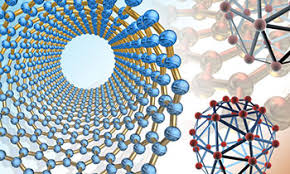Mechanical and Materials Engineering, Department of

Department of Mechanical and Materials Engineering: Faculty Publications
Document Type
Article
Date of this Version
2019
Citation
IEEE Trans Nanotechnol. 2019 ; 18: 509–517.
Abstract
Increasingly targeted in drug discovery, protein-protein interactions challenge current high throughput screening technologies in the pharmaceutical industry. Developing an effective and efficient method for screening small molecules or compounds is critical to accelerate the discovery of ligands for enzymes, receptors and other pharmaceutical targets. Here, we report developments of methods to increase the signal-to-noise ratio (SNR) for screening protein-protein interactions using atomic force microscopy (AFM) force spectroscopy. We have demonstrated the effectiveness of these developments on detecting the binding process between focal adhesion kinases (FAK) with protein kinase B (Akt1), which is a target for potential cancer drugs. These developments include optimized probe and substrate functionalization processes and redesigned probe-substrate contact regimes. Furthermore, a statistical-based data processing method was developed to enhance the contrast of the experimental data. Collectively, these results demonstrate the potential of the AFM force spectroscopy in automating drug screening with high throughput.
Included in
Mechanics of Materials Commons, Nanoscience and Nanotechnology Commons, Other Engineering Science and Materials Commons, Other Mechanical Engineering Commons


Comments
HHS Public Access
doi:10.1109/tnano.2019.2915507.